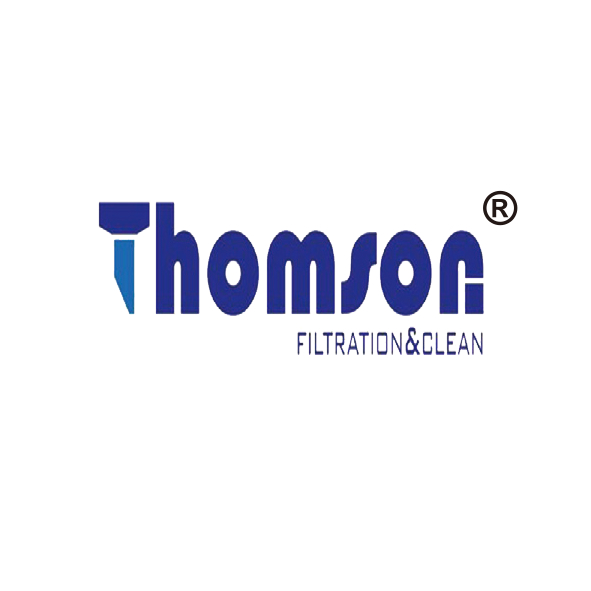Hydraulic oil filtration
Main reasons for hydraulic oil filtration:
- Unless regular maintenance is performed, no matter how carefully the equipment is installed and operated, hydraulic oil, mechanical oil, and refrigerating oil will still be contaminated. It is inevitable that the characteristics of hydraulic oil will drop and the subsequent equipment failure will occur. The cost of equipment breakdown is much larger than the cost and time spent on proper maintenance of hydraulic oil, mechanical oil, and refrigerating oil. The purpose of oil treatment is to eliminate moisture and other contaminants in the oil that has been used or will be used in the equipment. Therefore, maximizing the use of this equipment and obtaining the maximum equipment efficiency are important favorable conditions for cost saving
Common sense of hydraulic oil filtration:
- Water and gas are in two forms in oil-dissolved water and gas (below the saturation point) exist in most oil-using systems and equipment, while free water and gas (above the saturation point) exist in many oils in.
- Due to system leakage, poor sealing, long-term thermal load of the oil, open oil storage, etc., moisture and gas in the air settle in the oil, resulting in water and gas in the oil. Due to the entry of particles and dust in the air leakage of the system, the falling off of the system abrasion dust, and the long-term operation of the oil under high temperature and water content will inevitably lead to the decomposition and deterioration of part of the oil and the gelatinous substance.
The hazards of water, gas and impurities:
- The oil is rapidly oxidized and deteriorated to produce acidic substances, which corrode the metal contact surface; the additives in the oil precipitation fail, the thickness of the lubricating film is reduced, and the mechanical wear is intensified; the lubrication, cooling, and flow properties are reduced to accelerate the fatigue of the metal surface; the ice crystals formed at low temperature cause the component to block , The rigidity of the system is reduced; the system responds slowly and is accompanied by irregular movements and the conduction performance is reduced; the oil temperature is higher and the cooling cannot be achieved
- Oil pumps and power equipment are damaged due to cavitation


